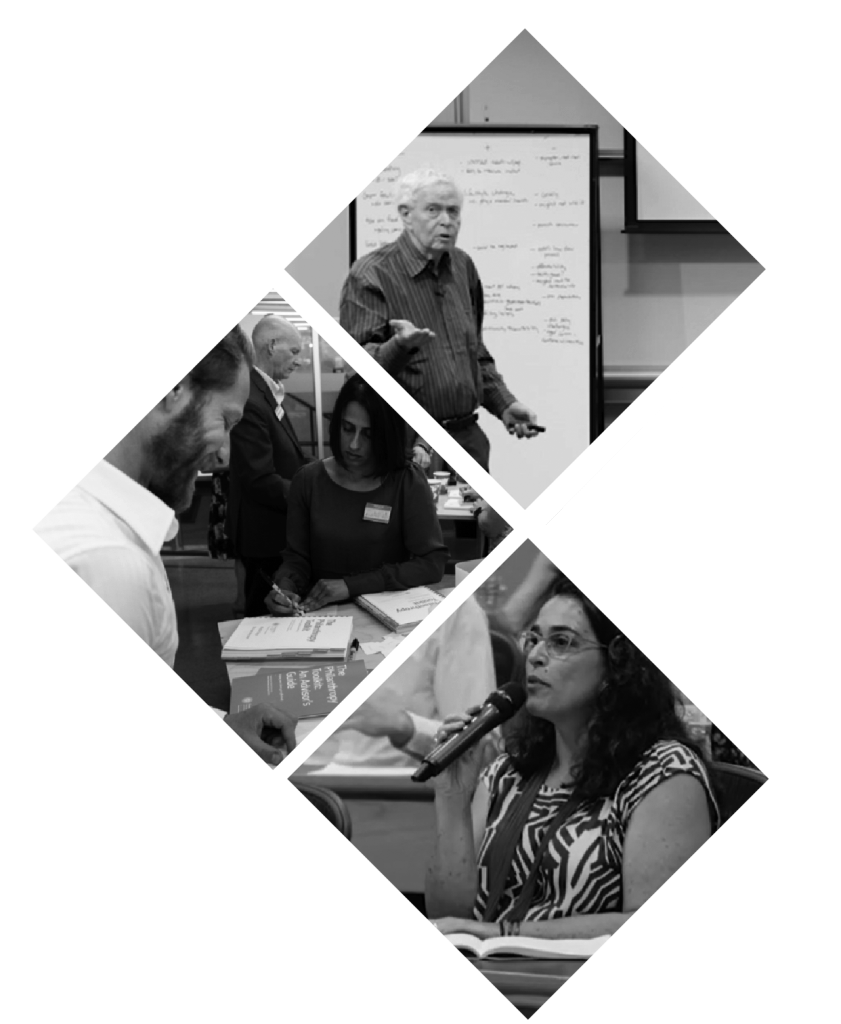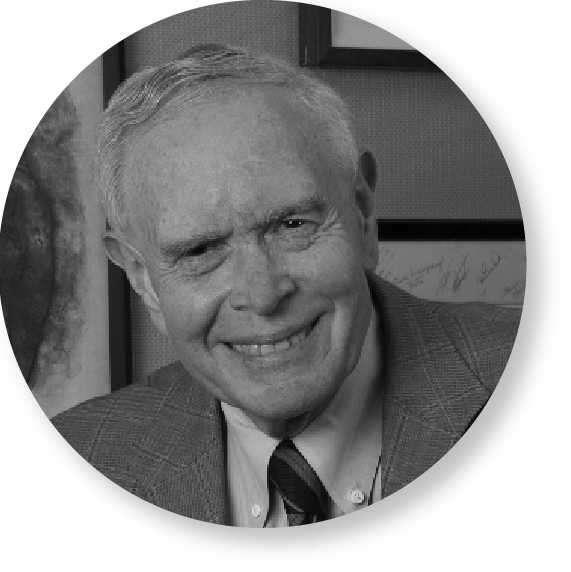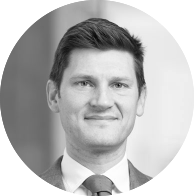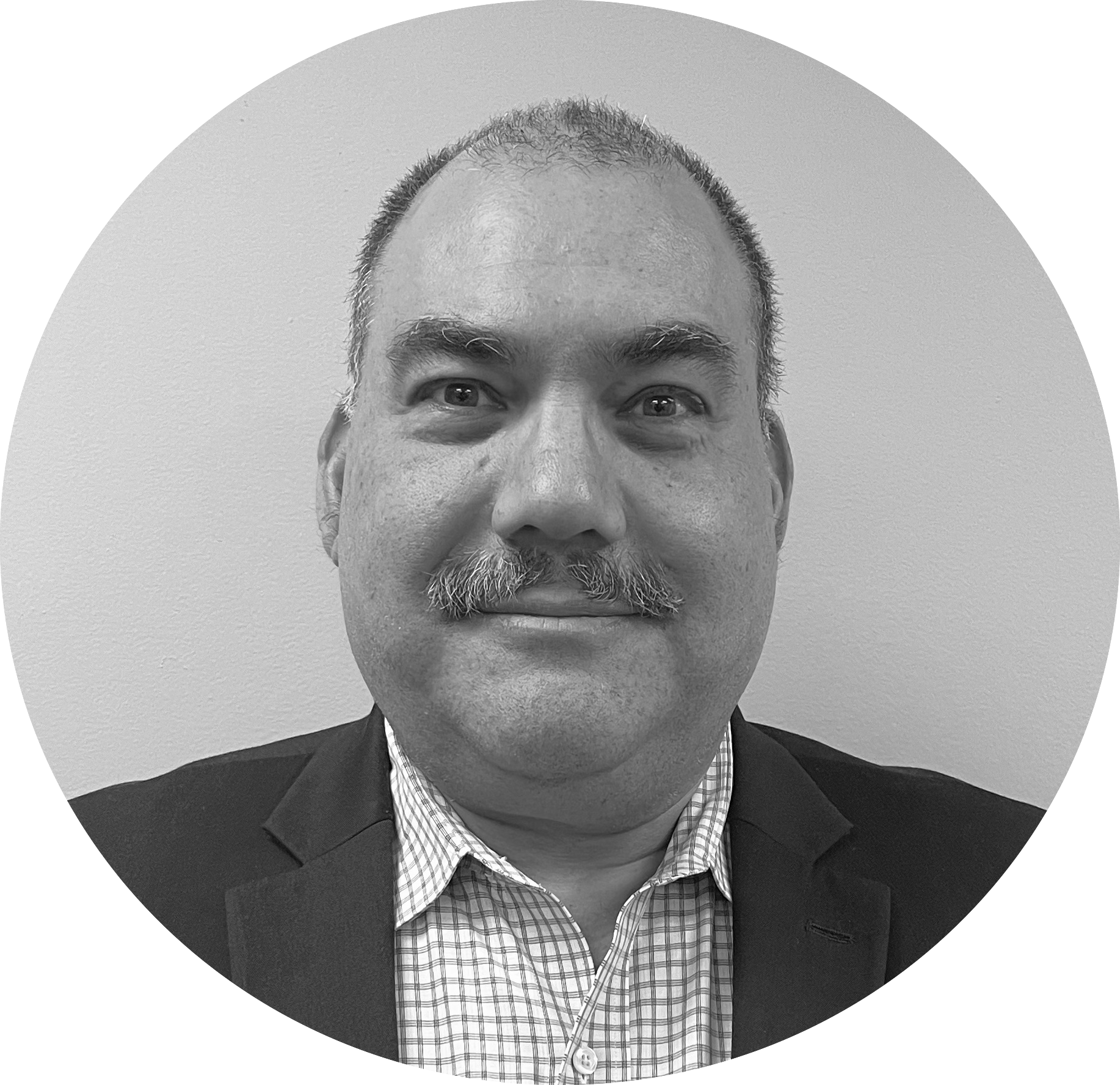Join us this FALL!
October 16-18 (in person) and Oct 22-24 (virtual), 2024 (6 days)
ABOUT THE PROGRAM
The Effective Philanthropy Learning Initiative (EPLI) at the Stanford Center on Philanthropy and Civil Society (PACS) offers a 6-day executive-style learning program for philanthropy professionals. The program is taught by experienced Stanford faculty and staff and includes several notable guest speakers with expertise in philanthropic scholarship and practice. Cohort sizes are limited to ensure in-depth learning and effective networking with peers.
WHO SHOULD ATTEND
This course is ideal for senior executives, program officers and trustees at small to mid-size family foundations, or individuals managing charitable giving within a family office. Emerging philanthropists, wealth managers, philanthropic advisors, and philanthropy consultants have also found the course to be highly valuable and are invited to apply.
Fall 2024 DATES
In person
October 16-18, on Stanford campus
Enjoy learning and networking with peer leaders in person on the beautiful Stanford University campus.
Virtual
October 22-24, online
Continue your learning with engaging speakers and virtual workshops.
CERTIFICATE AWARDED
Certificate of Effective Philanthropy awarded upon completion of six-day course.
APPLICATION REQUIREMENTS
Prospective participants should complete the application found here which will ask them to respond to open-ended questions, and confirm their availability and commitment to the program.
PROGRAM FEES
$7,500 – Breakfast and lunch included during in-person sessions. Travel and lodging are not included.
Early Bird Rate: $6500 if application is accepted by August 1st, 2024.
Group rate – Contact Ruth Selby at rselby@stanford.edu, if multiple participants from your organization would like to attend.
APPLICATION DEADLINE
Application deadline: September 1st, 2024
FOR MORE INFORMATION
Questions? Contact:
Ruth Selby, Program and Education Manager, rselby@stanford.edu
Alumni Testimonials
“The Stanford PACS program was incredible and is by far the most treasured educational experience I’ve had in connection with my work in philanthropy. It was extremely comprehensive in scope but efficient, with no wasted topics or moments. I found the staff, instructors, and guest lecturers to be particularly engaging and expert, and I left much more aware of the philanthropic water we all swim in. The program gave me concrete skills and tactics to use in my work, and I loved the diverse group of high performing philanthropists I met as fellow participants.”
“Professionals who are new to the philanthropic sector, transitioning from other fields, or have years of experience in this space, will find this course tremendously valuable.”
“I found the EPP curriculum compelling and comprehensive, covering everything from systems and strategy to the history of philanthropy and contemporary trends. The cohort included an impressive international group and the participants’ varied and unique perspectives helped to reinforce course materials and make for robust discussions. I would highly recommend the EPP course to any philanthropy professionals interested in an executive style learning program.”
What The Course Will Cover
– Donors’ values and focus areas for giving
– Social problems, their causes, and strategies for solutions
– Historical and societal contexts of philanthropy
– Contemporary trends in philanthropic practice
– Relationship-, community-, and trust-building
– Strategies for governance and managing family dynamics
– Governance and vehicles for structuring gifts
– Causes such as racial justice, democratic institutions, and global giving

Confirmed Speakers October 2024
 Dimple Abichandani – National Center for Family Philanthropy (NCFP); Trust Based Philanthropy Project
Dimple Abichandani – National Center for Family Philanthropy (NCFP); Trust Based Philanthropy Project Melissa A. Berman– Founding CEO (Emerita) of Rockefeller Philanthropy Advisors, Inc.
Melissa A. Berman– Founding CEO (Emerita) of Rockefeller Philanthropy Advisors, Inc. Lydia Bransten– Executive Director, The Gubbio Project
Lydia Bransten– Executive Director, The Gubbio Project Paul Brest– Professor, Stanford Law School, former president of the Hewlett Foundation, and co-author of “Money Well Spent: A Strategic Guide to Smart Philanthropy”
Paul Brest– Professor, Stanford Law School, former president of the Hewlett Foundation, and co-author of “Money Well Spent: A Strategic Guide to Smart Philanthropy” Rhodri Davies– Founder and Director, Why Philanthropy Matters, Pears Research Fellow in the Center for Philanthropy at the University of Kent, and host of the podcast “Philanthropisms.”
Rhodri Davies– Founder and Director, Why Philanthropy Matters, Pears Research Fellow in the Center for Philanthropy at the University of Kent, and host of the podcast “Philanthropisms.” Sara Lomelin– CEO, Philanthropy Together
Sara Lomelin– CEO, Philanthropy Together Sam Mar– Senior Advisor, Arnold Ventures
Sam Mar– Senior Advisor, Arnold Ventures Micah McElroy– Associate Director of Research, Effective Philanthropy Learning Initiative
Micah McElroy– Associate Director of Research, Effective Philanthropy Learning Initiative  Vera Michalchik– Director, Philanthropy Research and Education, Effective Philanthropy Learning Initiative; Senior Research Scholar, Stanford Center on Philanthropy and Civil Society
Vera Michalchik– Director, Philanthropy Research and Education, Effective Philanthropy Learning Initiative; Senior Research Scholar, Stanford Center on Philanthropy and Civil Society  Falko Paetzold– Managing Director, Center for Sustainable Finance and Private Wealth (CSP)
Falko Paetzold– Managing Director, Center for Sustainable Finance and Private Wealth (CSP) Erin Rogers– Co-Director, the Hive Fund for Climate and Gender Justice, formerly Climate Program Officer at the Hewlett Foundation
Erin Rogers– Co-Director, the Hive Fund for Climate and Gender Justice, formerly Climate Program Officer at the Hewlett Foundation Emma Saunders-Hastings– Professor, The Ohio State University and author of “Private Virtues, Public Vices: Philanthropy and Democratic Equality”
Emma Saunders-Hastings– Professor, The Ohio State University and author of “Private Virtues, Public Vices: Philanthropy and Democratic Equality” Ben Soskis– Senior Research Associate, Center on Nonprofits and Philanthropy, Urban Institute
Ben Soskis– Senior Research Associate, Center on Nonprofits and Philanthropy, Urban Institute Nick Tedesco– President, National Center for Family Philanthropy (NCFP)
Nick Tedesco– President, National Center for Family Philanthropy (NCFP) Eric Weingartner– President & CEO, The Overbrook Foundation
Eric Weingartner– President & CEO, The Overbrook Foundation
Policies and Procedures (FAQ)
Application and Eligibility:
The application form is designed to assure a fit between participants and program offerings, with priority given to professionals who best meet the program’s criteria for who should attend (see section above). Accepted applicants will receive notification by Sept 5th, 2024.
Stanford is committed to providing equal educational opportunities for disabled students. Disabled students are a valued and essential part of the Stanford community. We welcome you to our class.
Acceptance and Registration:
Once accepted, you will be asked to register for the course and be provided further information regarding program fees.
Program Fees
The program fees include tuition, course materials, and additional resources. Breakfast and lunch will be provided during the in-person sessions. Travel and lodging are not included.
If your background is highly relevant but the cost of participation poses a significant barrier, we would like to hear from you.
Please note that program specifics, particularly regarding faculty and session topics, are subject to change.
Payment Procedure
Upon acceptance, payment details including an invoice and online payment link will be sent by email. Full payment of the invoice will confirm your enrollment and secure your reservation. Payment will be accepted by bank wire transfer, or credit card (American Express, MasterCard, Visa, and Discover).
Certificate of completion:
At the end of the program, participants will receive a certificate of completion. The program does not offer an accredited degree from Stanford University, and at this time, does not qualify for continuing education credits.
Cancellation Policy:
We anticipate circumstances and availability issues arise unexpectedly for prospective participants.
If you wish to cancel and receive a full refund, you must submit your request in writing at least 20 days prior to the program start date. If you submit your request within 19 days of the program start date, you are not eligible to receive a refund. Cancellation requests are valid only upon Stanford PACS confirming receipt of your request.
Should you have any further questions, please email Ruth Selby at rselby@stanford.edu .
